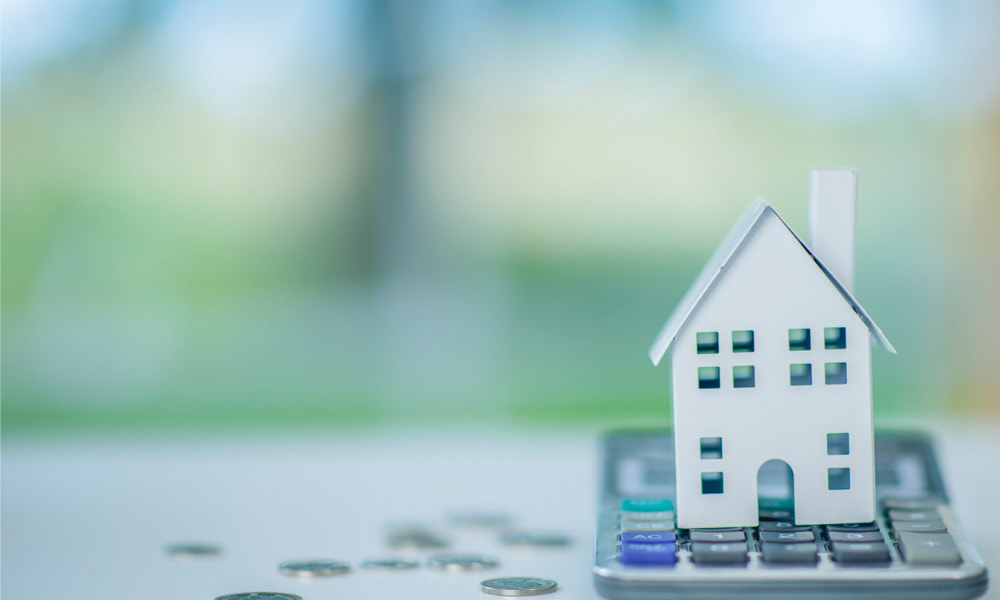|
The advantages of a 30-year mortgage versus a 15-year mortgage.
There are many factors to consider before deciding on a 30-year mortgage versus a 15-year mortgage—or simply paying off a 30-year mortgage early. Whether or not it is a good idea depends on a few key considerations. Is it smart to pay off your house early? Whether or not it is smart to pay off your house early is dependent on one key factor: the interest rate for your mortgage. During the current economic climate, however, when the COVID-19 pandemic has slowed the economy, it is a decent idea to keep your 30-year mortgage because those outside factors have pushed interest rates so low. The best way to reduce your total interest can be to turn your 30-year loan into a 15-year loan—but you should ensure your budget allows for you to make the extra monthly payment. If you are thinking of paying off your house early, you should consider the following: if you can eliminate the debt you owe on any loan that has an interest rate higher than your mortgage; if your funds would be better used paying for your retirement, like an IRA or 401k; if you would feel more comfortable financially having an emergency fund, in case you fall ill or lose your job; and if you should put that money toward funding your children’s college education, which is a strong investment for them and a tax benefit for you. Is it cheaper to pay off a 30-year mortgage in 15 years? If you are considering paying off your 30-year mortgage in 15 years, it is important to consider if there is a pre-payment penalty on your loan. While a lot of lenders do not penalize you for paying off your mortgage early, some do—so it is a good idea to call your lender specifically to ask about any potential pre-payment penalty. Since they come with lower monthly payments and allow you to have more purchasing power, 30-year mortgages are usually the most popular choice for homebuyers. Fifteen-year mortgages, on the other hand, have advantages particularly when it comes to paying less interest in the long run. The difficulty for most homebuyers comes with the higher monthly payments. If you do go with a 30-year mortgage, you can still make extra payments each year, either toward a faster overall payment plan or simply to make the extra payment if and when you do have the funds. In either case, the extra payments should help you save on interest, pay off the mortgage more quickly, and possibly provide you with the best of both worlds. Can you pay a 30-year mortgage in 15 years? Yes. In fact, a lot of people get a 30-year mortgage with the expectation that they will pay it off in 15 years. If you are able to pay off your 30-year mortgage in 15 years, it would also be cheaper, since you would potentially save yourself 15 years’ worth of interest payments. Opting for that route isn’t so different from choosing a 15-year mortgage in the first place, the only difference being choosing to make those added payments would be your choice entirely. Of course, it is important to remember that paying a 30-year mortgage in 15 years is less common since financial obligations can arise at any time. You might decide you need a vacation instead of making the extra payments or that your kitchen could use an upgrade, as a couple of examples. For these reasons, rather than paying a 30-year mortgage in 15 years, it is sometimes a better idea to take out a 15-year mortgage from the start. The reason for that option is you will not be tempted to spend those funds on anything else—you will have built-in accountability to get your home paid off more quickly. Should you go from 15 to 30 years? There are at least three reasons why you should opt for a 15-year mortgage over a 30-year mortgage, including: You could save a significant amount of money. A 30-year mortgage could end up costing 33%--or $100,000—more than a 15-year mortgage. You could build home equity more quickly. Paying back the principal balance of your loan—instead of simply the interest—is one way to build equity. If you are making larger monthly payments on a 15-year mortgage, you will pay down the interest much more quickly, freeing up more funds to put toward the principal each month. On 30-year mortgages, you pay less each month and therefore you pay off the interest more slowly. You will pay off your house in half the time. The difference, simply put, is that you will be in debt for 15 years rathe than 30 years.
0 Comments
Your comment will be posted after it is approved.
Leave a Reply. |
|
- iMove Chicago
- Real Estate School
-
Laws
-
CRLTO
>
- 5-12-010 Title, Purpose And Scope.
- 5-12-020 Exclusions.
- 5-12-030 Definitions.
- 5-12-040 Tenant Responsibilities.
- 5-12-050 Landlord’s Right Of Access.
- 5-12-060 Remedies For Improper Denial Of Access.
- 5-12-070 Landlord’s Responsibility To Maintain.
- 5-12-080 Security Deposits.
- 5-12-081 Interest Rate On Security Deposits.
- 5-12-082 Interest Rate Notification.
- 5-12-090 Identification Of Owner And Agents.
- 5-12-095 Tenants’ Notification of Foreclosure Action.
- 5-12-100 Notice Of Conditions Affecting Habitability.
- 5-12-110 Tenant Remedies.
- 5-12-120 Subleases.
- 5-12-130 Landlord Remedies.
- 5-12-140 Rental Agreement.
- 5-12-150 Prohibition On Retaliatory Conduct By Landlord.
- 5-12-160 Prohibition On Interruption Of Tenant Occupancy By Landlord.
- 5-12-170 Summary Of Ordinance Attached To Rental Agreement.
- 5-12-180 Attorney’s Fees.
- 5-12-190 Rights And Remedies Under Other Laws.
- 5-12-200 Severability.
- Illinois Eviction Law (Forcible Entry And Detainer)
- Illinois Security Deposit Return Act
-
CRLTO
>
- Today's Cool Thing
- Social Media



